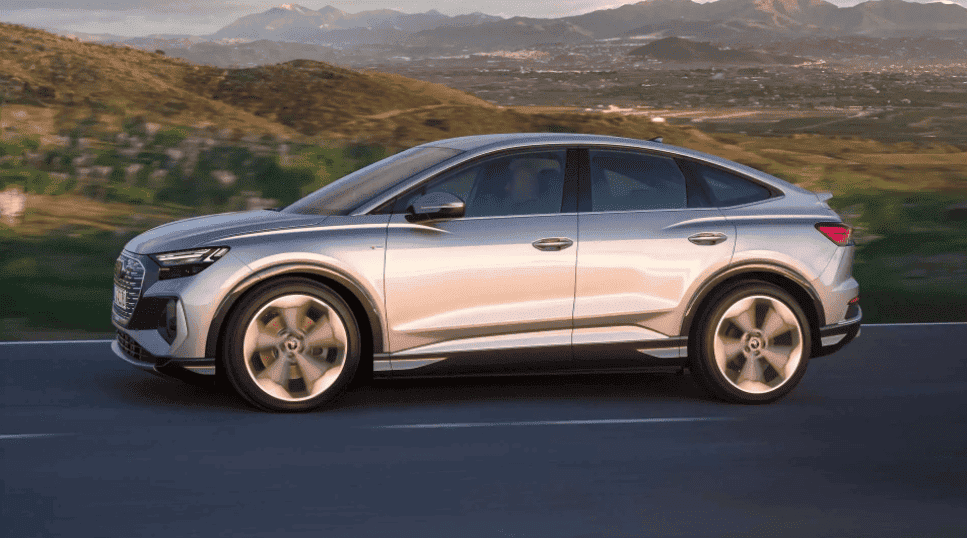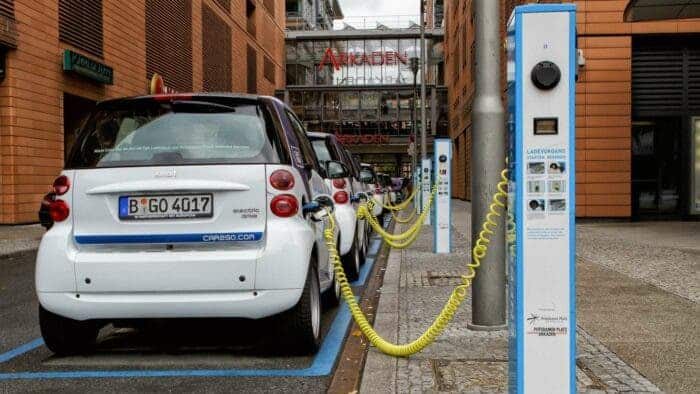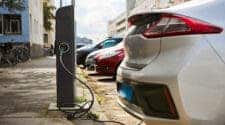In recent years, there has been fierce competition in the Electric Vehicles (EVs) market. Automakers have been paying close attention to the cruising range of electric vehicles. This is necessary to effectively alleviate consumers’ range anxiety. However, battery makers are working to develop EV batteries that are smaller, more durable, cheaper and faster to charge. Automakers are now racing to chase the electric vehicle market leader, Tesla. They hope to create an electric vehicle that can travel more than 480 kilometers on a single charge. Nevertheless, battery startups expect electric vehicle range to become less important as public charging stations become common. In search of small batteries that can charge extremely quickly, companies are experimenting with materials such as silicon carbon, tungsten and niobium.

The battery is the most expensive component of electric vehicles. Thus, true fast charging combined with the availability of public charging points allows automakers to produce cars with smaller batteries at lower prices. With this, they increase the growth rate by selling more cars to more users.
“High-end users of the early EV market want bigger battery packs and longer range because they can afford it,” said Sai Shivareddy, CEO of startup Nyobolt. Nyobolt has developed a niobium oxide anode material that can charge batteries in minutes. “To be accepted by mainstream users who are more price-conscious, you need a smaller battery pack…and you can fill up in 5 minutes like today’s gas cars.”
Chinese companies dominate electric vehicles battery production
Chinese companies dominate the global electric vehicle battery production market. Companies like CATL are developing car batteries that can travel farther on a single charge. Chinese automakers have launched small, low-cost electric vehicles such as the Wuling Hongguang MINI. Although the price of batteries has been rising recently, the price of Wuling Hongguang MINI is only more than 30,000 yuan (about $4450).
In the global EV battery sector, start-ups such as Nyobolt in Cambridge, UK, and Woodinville, Washington, US, are researching new electrode materials in hopes of bringing fast-charging batteries to market. According to the startup platform PitchBook, there are much more investments in electric vehicles battery. It claims that investments in electric vehicles battery technology have more than quadrupled from $1.5 billion in 2020 to $9.4 billion in 2021.
“We’re in the early stages of battery development,” said Lincoln Merrihew, vice president of data analytics firm Pulse Labs.
Miniaturizing EV batteries could also ease supply chain issues for battery materials. In addition, it will reduce the use of cobalt and nickel as demand for electric vehicles soars. Another benefit is that automakers can use fewer harmful materials and emit less carbon dioxide in the process of building electric vehicles.
“Batteries are too expensive, and redesigning cars to minimize battery size will be a game-changer,” Ford Chief Executive Jim Farley said at a conference in June, he added. Ford wants to start using “the smallest possible, competitive battery” in a new generation of electric vehicles in 2026. Other companies are improving the efficiency of existing batteries. For example, Mercedes-Benz’s EQXX prototype has a range of 1,000 kilometres.
Cheaper electric cars
The current fast charging technology is mainly limited by the rapid energy absorption of electric vehicle batteries. Fast charging can shorten battery life or overheat, so most EVs limit charging speed to protect the battery. At Nyobolt’s corporate headquarters, CEO Shivaredi has been able to fully charge four batteries in about three minutes. Niobium is a stabilizing metal commonly used to increase the strength of steel. Start-ups such as Nyobolt and Echion are investigating the use of niobium in battery cathodes. Niobium can be used for ultra-fast charging and can last many years longer than commercially available batteries, Shivaredi said.
Nyobolt is currently focused on developing high-performance electric racing batteries. Shivaredi said it will take years before automakers are ready to use their batteries in mass-market models. A few kilometers away from Nyobolt, Echion’s niobium-based battery anodes were initially used in commercial electric vehicles, such as mining vehicles, that needed to run continuously and recharge quickly. Echion CEO Jean de La Verpilliere said the company aims to bring batteries to the passenger electric vehicle market by 2025.
“Smaller batteries mean lower prices, so more users can afford electric vehicles,” he said.
CBMM dominates niobium production and has invested in Echion and other start-ups. It is currently testing niobium-based batteries with battery materials companies. It Nano One, Toshiba and a Volkswagen subsidiary in Brazil, Volkswagen Caminhoes e Onibus. Rogerio Marques Ribas, head of the CBMM battery project, said that although niobium has a 20% lower energy density than some current batteries, “with a full charge in a few minutes, our battery life maybe 3 to 10 times longer, and the safety higher.”
Ribas added: “In the near future, people will ask, why do you have such a large battery pack?”
Market determines the cruising range
Niobium isn’t the only material that power battery companies are exploring. Silicon-carbon anode materials made by Group14 Technologies enable 50% more energy storage in lithium-ion batteries. After tests with battery anode materials developed by Group14, Mercedes-backed battery maker StoreDot was able to charge the battery to 80 per cent in 10 minutes. Group14’s chief executive, Rick Luebbe, said the anode material it manufactures could eventually allow electric vehicles to be fast-charged in five minutes.
“When I can charge in five to 10 minutes…then it doesn’t really matter if the range is 240 kilometers or 480 kilometers,” Lube said.
Michigan-based startup Our Next Energy has developed a “dual chemistry” battery called Gemini. Such batteries include standard lithium iron phosphate (LFP) traction batteries and “range-extended” batteries using more advanced and expensive chemistries. It offers a range of options for electric vehicles with low, medium and high ranges.
“The market will ultimately decide what the range is,” said CEO Mujeeb Ijaz.
The average American car travels less than about 48 kilometers per day, according to industry data. In Europe, the average car travels less than half that amount per day.
Isobel Sheldon, chief strategy officer at British battery company Britishvolt, believes that demand for range will decrease as EV users begin to realize they are paying more than they need. “As the market matures, people will start asking questions. They will ask why they need to spend thousands for a battery that they will never use,” Sheldon said. “Most cars only drive to the store, visit friends or take the kids to school, not to drive to Monaco.”





